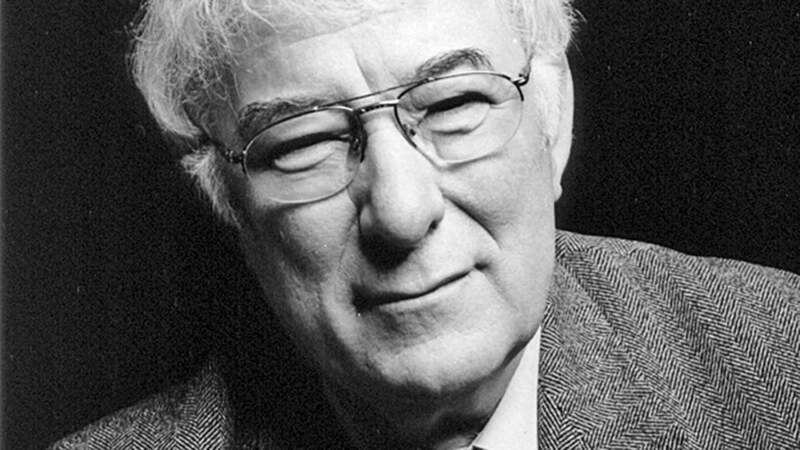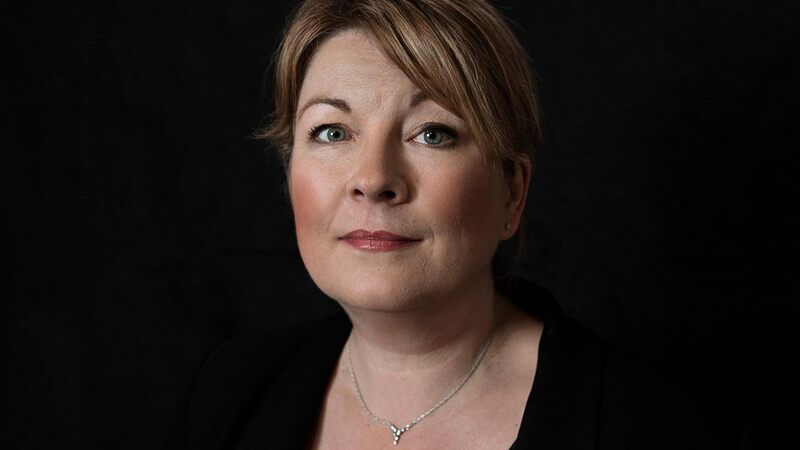You are viewing your 1 free article this month. Login to read more articles.
Indies rule at Sharjah
This year’s Sharjah International Bookselling Conference saw indie booksellers sharing strategies and stories from across the globe.
Bookselling is having a moment – and chiefly an independent one. Across a whole range of sectors, the trend – in the right location – is towards independents. From bookshops to bars, to vegan restaurants to vinyl record stores, there is a hard-to-define "cool" about independents. Perhaps it is all about individuality in a homogenised world, a kind of defiance. Taylor Swift doesn’t mention Wetherspoons on her new album, "The Tortured Poets Department", she mentions indie gastro pub The Black Dog in Vauxhall, south London, sending footfall and spending soaring. Can it be long before she name-checks an indie bookstore? The Booksellers Association’s Meryl Halls must be on the edge of her seat.
So the time could not be better for the Sharjah International Bookselling Conference (SIBC), the third iteration of which wrapped up at the weekend in the "indie" emirate of the same name in the United Arab Emirates. Indie because Sharjah goes its own way, eschewing the glitz and glamour – and, shockingly for book fairs, alcohol – of its flashy neighbour Dubai, instead focusing on books and publishing and literacy, driven by the passions of its Ruler Sheikh Sultan bin Muhammad al Qasimi who puts considerable resources behind the publishing industry.
SIBC is unique in the global book industry. No other conference brings together so many international, chiefly independent, bricks and mortar booksellers. The American Booksellers Association’s Winter Institute’s may have a handful of international guests, similarly Italy’s Scuola per Librai Umbertso e Elisabetta Mauri, the Booksellers School in Venice. But only Sharjah brings together such an international gathering and puts them together in workshops covering everything from bookstore partnerships to the do’s and don’ts of visual merchandising,
The numbers are impressive. This year there were more than 70 booksellers from African countries alone, and more than 40 from India, as well as booksellers or bookseller/publishers from Azerbaijan, Iraq, Pakistan, Singapore, Yemen – it is a long international list, the creation of which is fraught with understandable difficulties and sensitivities. Ahmed Al Ameri, c.e.o. of the Sharjah Book Authority (SBA) and Mansour Al Hassani, director of publisher services at SBA deserve credit for creating such a wide spread. Al Hassan explained that Sharjah participates in many international book fairs and speaks to many people; soundings are taken and a list takes shape.
No other conference brings together so many international, chiefly independent, bricks and mortar booksellers
Sheikha Bodour al Qasimi, chairperson of SBA gave the opening keynote address and there were Q&As with Andrea Giunti, executive vice-president of the Italian Giunti chain and Emile Tyan, the head of Lebanon’s Librarie Antoine chain. Guests included the Publisher Association’s associate director export services Gloria Bailey, Kogan Page’s rights and licensing director Amy Joyner, and Feda Shtia of Edinburgh’s children’s publisher Sunono.
For booksellers this conference is all about sharing best practice and picking up new ideas. Brain (sic) Garusa of Book Fantastics in Harare, Zimbabwe was taken with the idea of a bookshop passport. This is an initiative begun by the Greenlight Bookstore in Brooklyn whose owner and co-founder Jessica Stockton-Bagnulo ran one of the round table workshops. “The bookshop passport scheme sounds like a good idea,” Garusa said. “It encourages browsers to visit other bookshop, collecting stamps which then allow you to have a discount. We may not have enough bookstores in Harare to try it, but it was interesting to hear about.”
The list of delegates included four bookseller/publishers from Palestine and it was moving to hear Baker Ramdan’s story. He has lost a cousin in Gaza and two neighbours in Nablus on the West Bank where he has two bookstores which are still open though revues are down by 70%. He says: “What you see on television is bad, but the reality is worse. Four bookstores in Gaza have been completely destroyed. There is no life during wartime. Nablus has five checkpoints. Since the second uprising in 2000, three of those gates have been closed, so movement is restricted and no one is coming in from outside. We have no sovereignty over our own land. Palestine is under occupation. No one is brave enough to tell Israel that what they are doing is wrong.”
Al Hassan said that some Israeli booksellers were registered to attend but did not come. It is a shame that a conference that, in Sheikha Bodour’s words, was “a microcosm of global collaboration”, should be so affected. But it is understandable. As Ramdan said: “Right now all I want is to feel safe in my own house.”




















